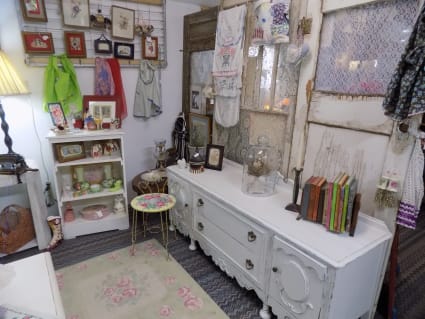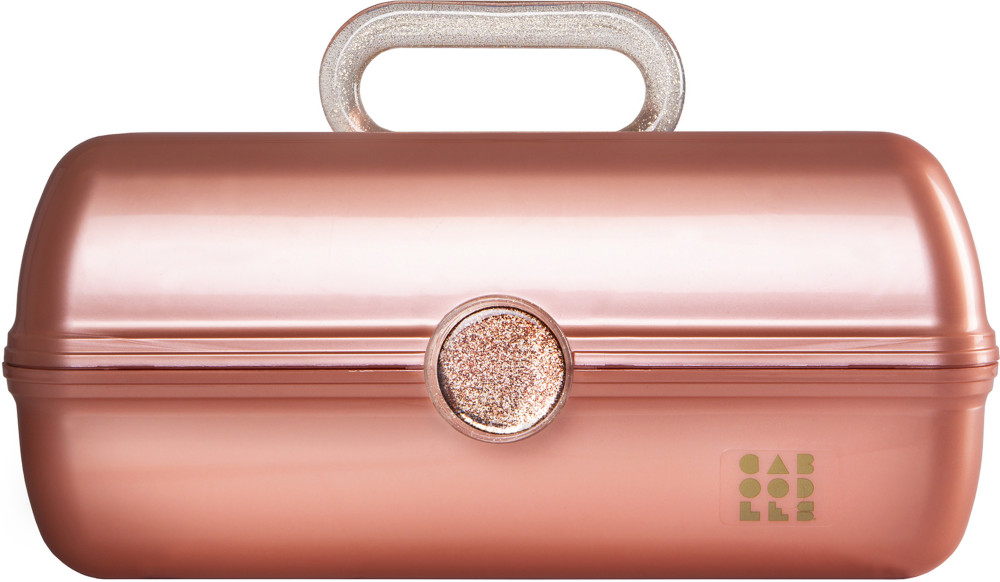
The correct spelling, by the way, is cater-corner or cater-cornered, but no one will have a hissy fit if you spell it kitty-cornered. Instead of running away, the slaves shivered in fear in their dark cabins listening to the catawampus howl out in the woods. Supposedly, according to Morris, plantation owners in the South warned their slaves that bloodthirsty catawampus cats lurked out in the woods at night ready to pounce on anything that moved and hungry enough to eat a human. William Morris jokes, “Down in Tennesee a college professor of mathematics was once heard to say: ‘You might call a rhombus a catawampus square.'” Morris Dictionary of Word and Phrase Origins. Then bring the term to the good ole South in the U.S of A, and you get these variations: catawampus and cattywampus.

It could also have been from old Middle English when the phrase was catre-cornered, adapted from the Latin quattuor.Īs words do, cater evolved into catty (catty-cornered), then to kitty (kitty-cornered). The original word was possibly the French word for quarter, meaning four, or four-cornered. Who wanted to walk the long way around on the college-defined path? And Kitties are not dumb either. They know that the shortest walk through a mouse-laden field is to go kitty-cornered, or on a diagonal path from corner to corner.

I think it was Ancient History, but that’s really ancient history now. I used to walk kitty-cornered across my college campus many years ago so I wouldn’t be late for my first class. Kitty-cornered, catty-cornered, cater-cornered, catawampus, cattywampus Kit and caboodle now means the whole thing, the whole ball of wax, the whole shebang…maybe like carrying all your things in a back-pack around Europe like you did when you were in college. Examples: shaving kit, survival kit, travel kit, or some other collection of items or people, a crowd.Įnglish soldiers in the late 1700s, so the story goes, carried their possessions in a kit as they moved about the country for military activities.īut caboodle? That’s not so clear. Turns out that the original word might have been boodle (English for a collection of people), or maybe bottel (Old English for bunch or bundle), or even boedel (Dutch, meaning property). The first definition of kit is: a container, such as a bag, valise, or knapsack for holding a collection of items. Ah, but that is definition #3, in my American Heritage Dictionary.

Here are a few interesting tidbits in my quixotic journey through K.Ī kit, I know, is a small fox or a kitten. I guess saving writers from wordmongering is challenge that would definitely be rewarding.


 0 kommentar(er)
0 kommentar(er)
